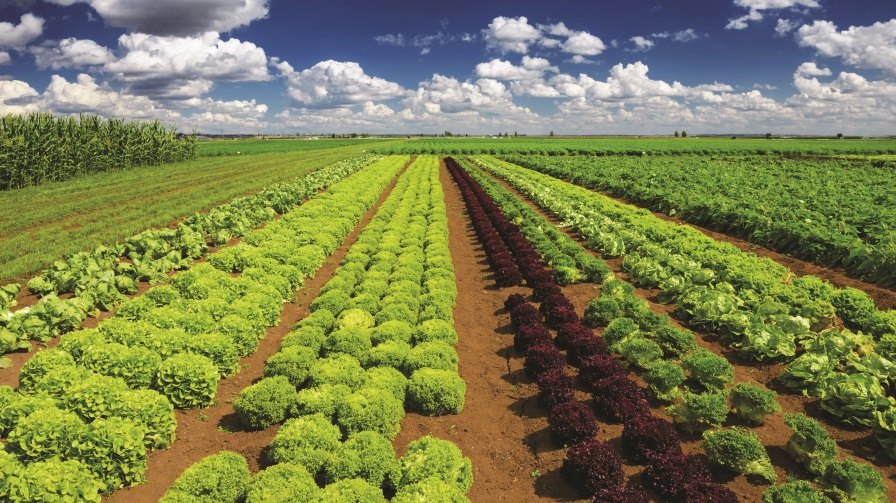FDA Says Cattle Likely Caused Recurring E. Coli Outbreaks
 FDA thinks it’s identified what keeps causing E. coli outbreaks in leafy vegetables grown in California’s Central Coast — cattle located uphill from growing fields. It matched the outbreak strain to a sample of cattle feces. However, it was unable to identify which type of leafy vegetable carried the pathogen.
FDA thinks it’s identified what keeps causing E. coli outbreaks in leafy vegetables grown in California’s Central Coast — cattle located uphill from growing fields. It matched the outbreak strain to a sample of cattle feces. However, it was unable to identify which type of leafy vegetable carried the pathogen.
Moreover, investigators linked genetically similar strains of E. coli to outbreaks in 2018, 2019, and 2020.
Figuring out the definitive source of outbreaks in leafy vegetables remains elusive. Their short shelf life stymies investigators, since the infected crop is often out of circulation by the time authorities know an outbreak is underway.
Predictable Risk?
Leafy green growers in the area take note. Officials say the findings mean you can prevent future outbreaks.
“The FDA recommends that growers of leafy greens in the California Central Coast Growing Region consider this reoccurring E. coli strain a reasonably foreseeable hazard, and specifically of concern in the South Monterey County area of the Salinas Valley,” says Frank Yiannas, Deputy Commissioner for Food Policy.
Beyond the usual Food Safety Modernization Act (FSMA) procedures, here are the actions FDA recommends:
- Identify crops likely contaminated and do not harvest those crops.
- Assess how neighboring businesses might impact your fields.
- For those growers in the Central Coast, participate in both the California Agricultural Neighbors workgroup and the California Longitudinal Study. Both aim to reduce the risk of future contamination.
- Improve traceability so investigators can more quickly identify sources.
- Include other crops beyond romaine in provenance labeling.









